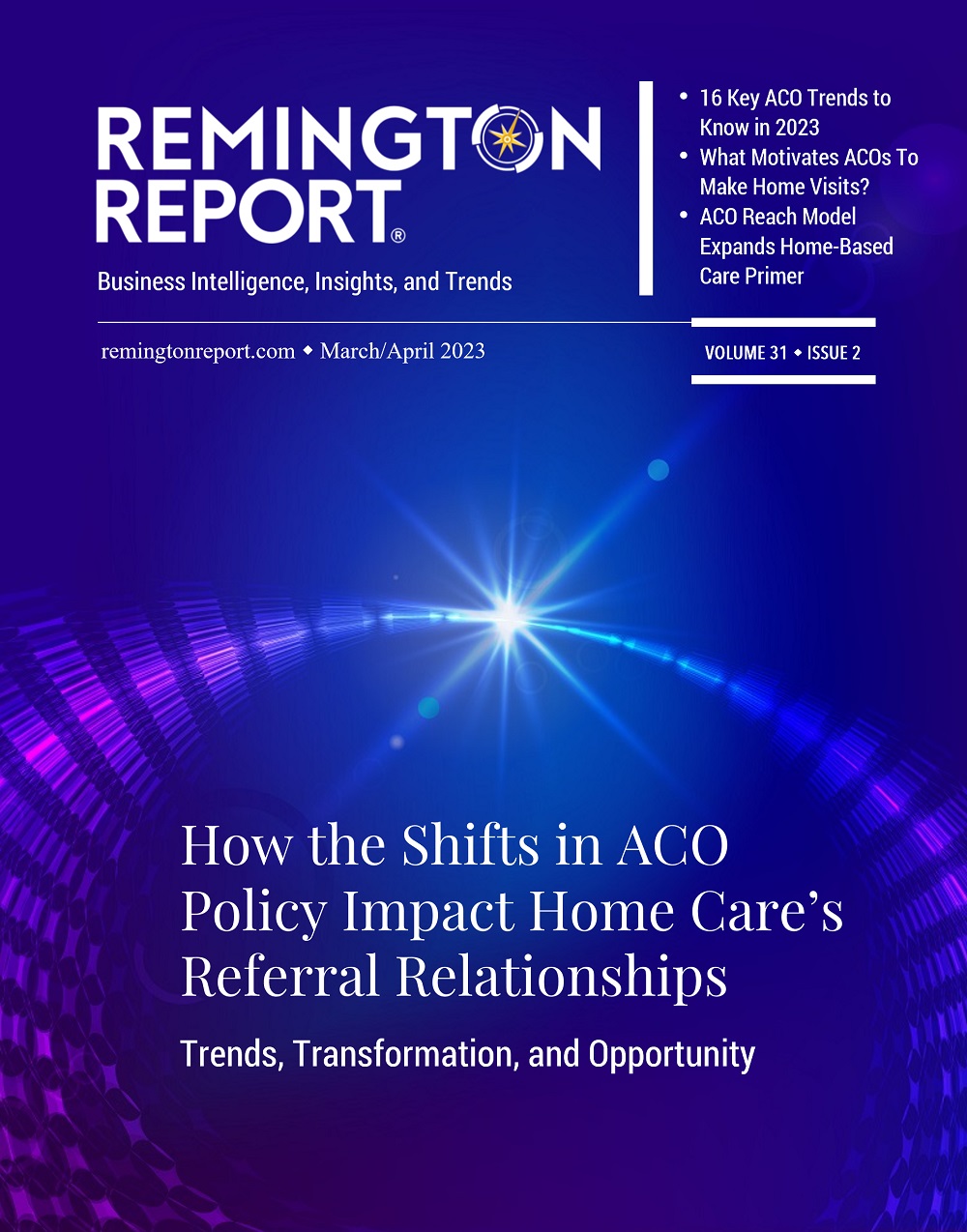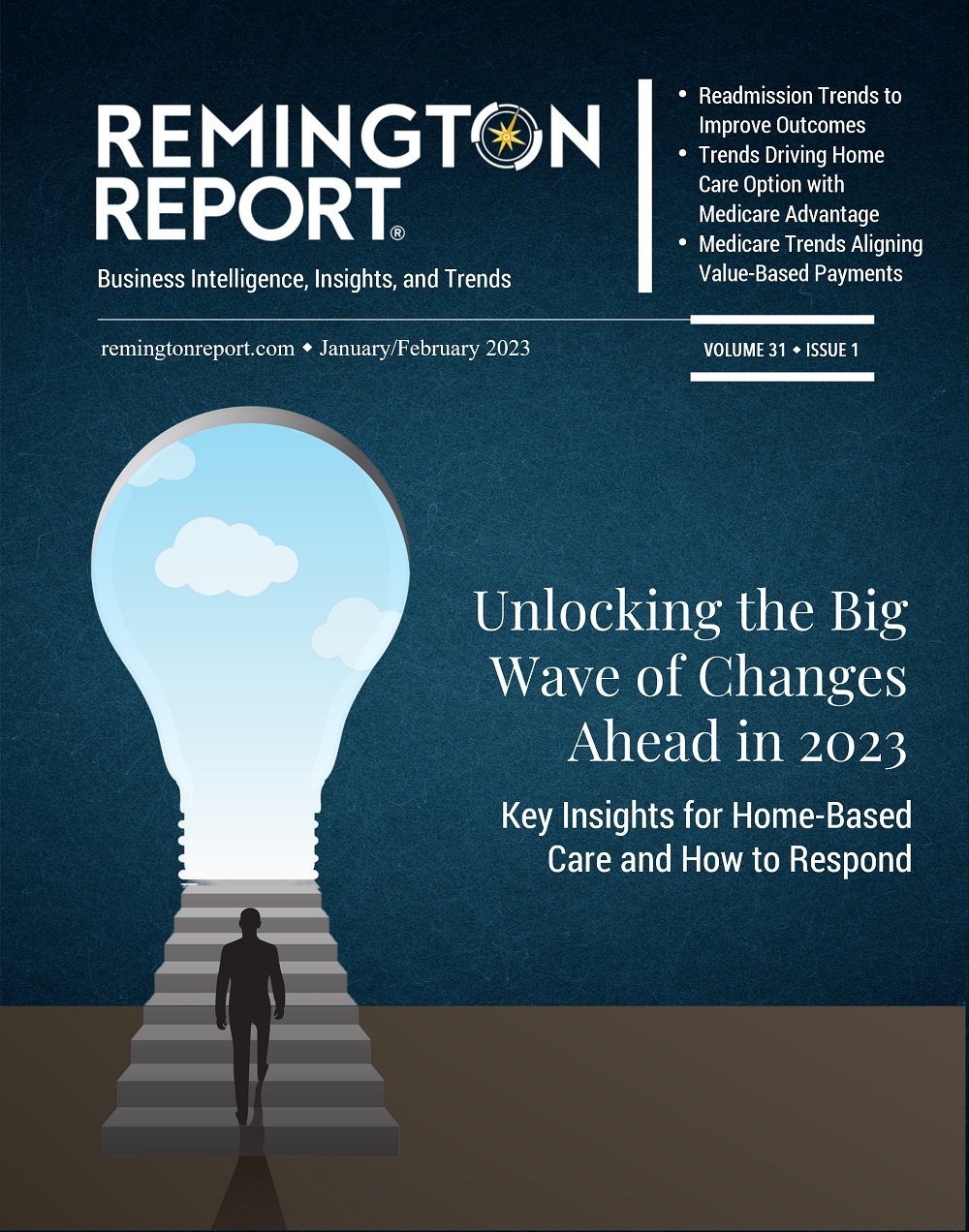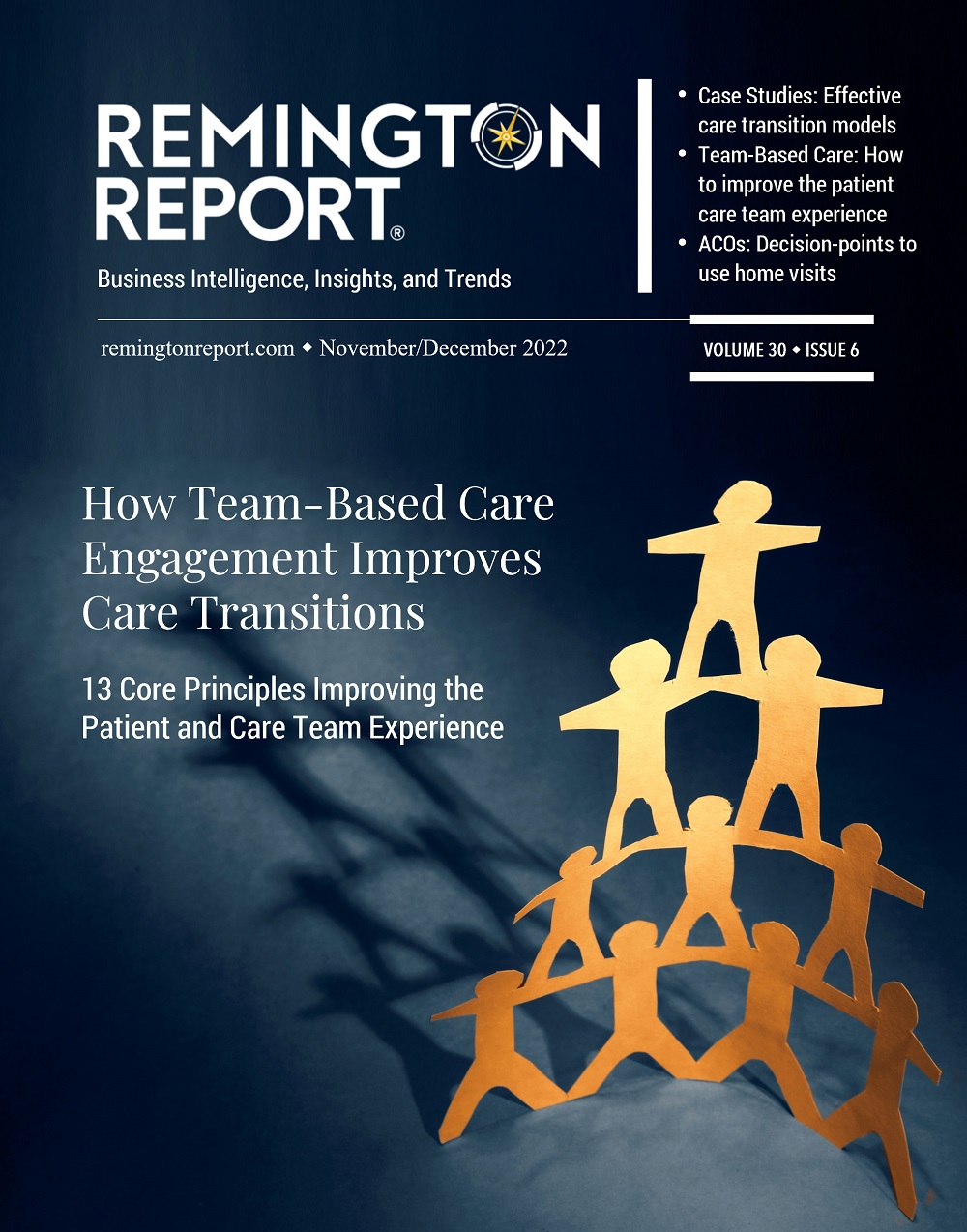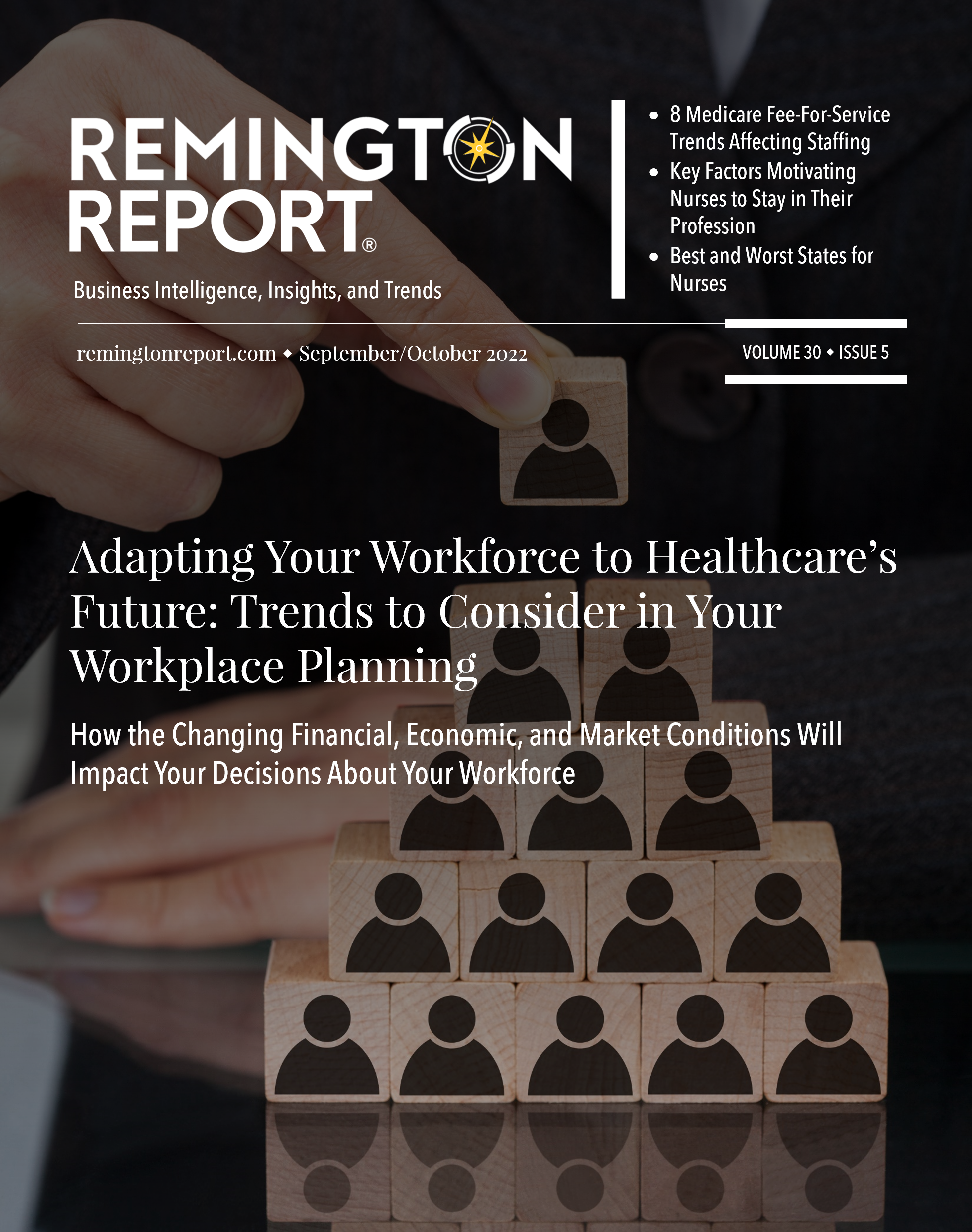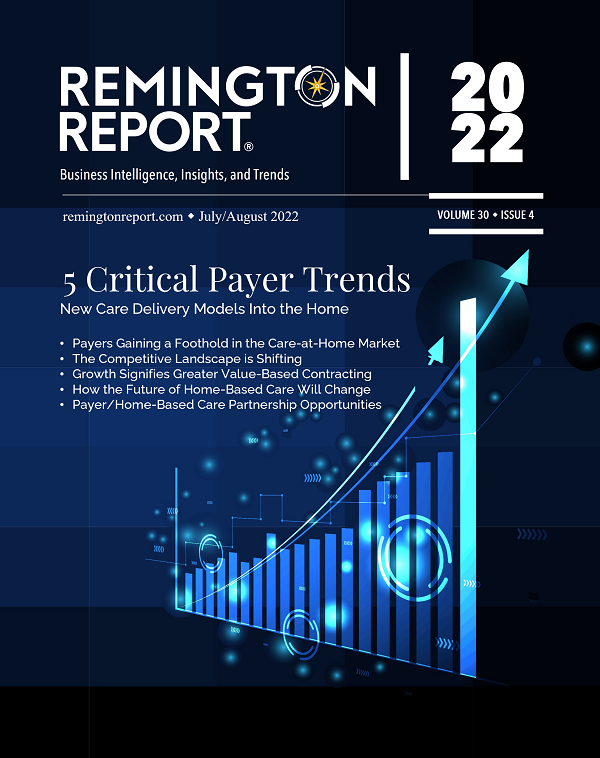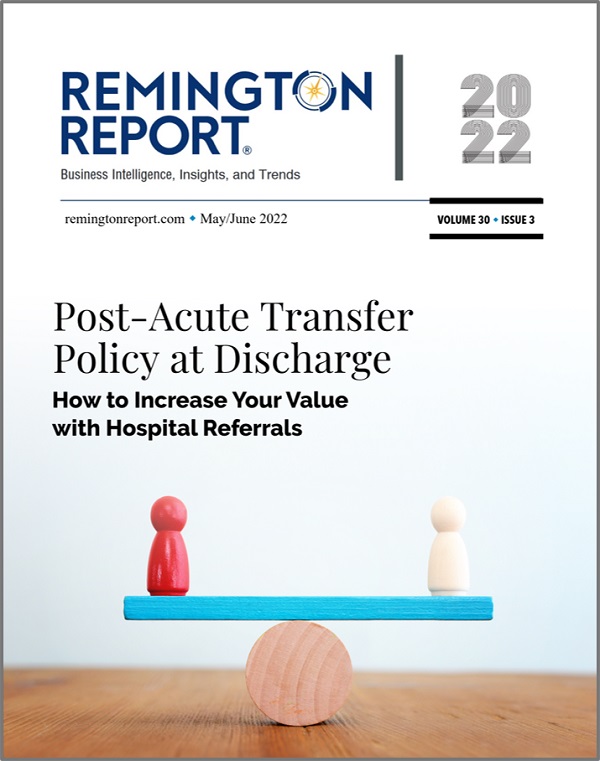What To Know About Physician Orders and Liability
In Connette ex. Re. Gullatte v. Charlotte Mecklenburg Hospital Authority [Case No. 331PA20, Supreme Court of North Carolina (August 19, 2022)], the Court said that practitioners owe a duty of care in the diagnosis and treatment of patients even though they are working under the supervision of licensed physicians. Here’s what happened in this case: On September 11, 2010, a three-year-old child who had an upper respiratory infection went to the emergency room at the Hospital and was diagnosed with tachycardia. She was referred to a cardiologist who diagnosed cardiomyopathy and recommended an ablation procedure.
Shortly after the procedure began, the child went into cardiac arrest. She was revived, but suffered permanent brain damage, cerebral palsy and profound developmental delays. The child’s family sued the cardiologist, the nurse anesthetist, and the Hospital. Experts for the child’s family concluded that the use of sevoflurane mask induction of anesthesia instead of an intravenous introduction of a drug other than sevoflurane breached applicable standards of care.
Historically, courts in North Carolina concluded that practitioners did not owe an independent duty to patients in the selection and planning of treatment. This meant that practitioners were not liable for the performance of their roles in administration of any negligent treatment of patients. Practitioners could be held liable only for the execution of their primary function, which was to obey and diligently execute the orders of physicians in charge of patients. Exceptions to this rule occurred when physicians’ orders were so obviously negligent as to lead any reasonable person to anticipate that substantial injury would result.
Consequently, practitioners were sheltered from exposure to liability for negligence when performing duties under the supervision of physicians. They were vulnerable to claims of negligence due to the performance of their professional duties and responsibilities only when substandard execution of such activities was obvious.
The Court’s Conclusions
The Court concluded its opinion by recognizing the “elevated station” of non-physician providers in the healthcare industry today that should result in “elevated responsibility.” The steadily expanding authority, recognition and independence of practitioners makes it clear that non-physician practitioners can collaborate with other health care providers to determine appropriate health care for patients and to implement plans of care.
Despite this court decision and many others that reached the same conclusion, providers may still be tempted to claim that they should not have liability because they were following physicians’ orders. As indicated above, this argument is increasingly unlikely to fly!
Healthcare providers have also responded to allegations of fraud by arguing that they had orders for the care rendered from physicians that shield them from responsibility. Patients must, for example, be homebound or terminally ill because physicians certified to this fact. Care provided must be reasonable and necessary because physicians ordered it. Court decisions related to fraud and abuse, however, also make it clear that the “say so” of physicians may be insufficient when it comes to fraudulent conduct.
Providers must continue to make independent decisions about care provided to patients and work with physicians to modify orders as needed.
Copyright © 2022 Elizabeth E. Hogue, Esq. All rights reserved. No portion of this material may be reproduced in any form without permission.
Other Articles You Might Enjoy
Best Practices for Effective Strategy Execution
Effective strategy execution is crucial for success, as even the most well-crafted strategies can fail if not properly implemented.
5 Reasons Why a 5-Year Strategic Plan May Pose Challenges
Five-year strategic plans in home care often encounter several challenges due to the dynamic nature of the industry.
Understanding Adaptive Leadership in Home Care’s Complex World
Adaptive leadership is not a fixed set of rules or practices; rather, it's a mindset and a skill set that empowers leaders to thrive in turbulent times.





